Library
-
Calcitriol is used off label and is given by mouth or injection to treat low blood calcium levels associated with low parathyroid hormone, as well as chronic kidney disease, certain cancers, and certain skin diseases. Side effects are uncommon if the dose is appropriate.
-
Calcium acetate is given off label and by mouth to treat elevated blood phosphorus levels, especially due to kidney disease. Side effects may include nausea or stomach upset. This medication should not be used in pets that are allergic to it or have high blood calcium levels. If a negative reaction occurs, please call your veterinary office.
-
Calcium carbonate + chitosan (brand name Epakitin®) is a phosphorus binder and calcium supplement. It is used to treat high blood phosphorus levels in cats and dogs with chronic kidney disease and to treat low blood calcium levels in cats, dogs, and other species.
-
Oral calcium (-carbonate, -gluconate, -lactate) is a phosphorus binder and calcium supplement. It is used to treat high blood phosphorus levels in cats, dogs, and other animals with chronic kidney disease and to treat low blood calcium levels in cats, dogs, and other species. Oral calcium comes in powder, capsule, liquid suspension, and tablet forms.
-
Calendula is given directly on the skin or by mouth and is used off label and over the counter to treat skin inflammation or gastrointestinal ulcers. Give as directed by your veterinarian. Side effects are uncommon but may include skin or stomach irritation. Do not use in pets that are allergic to it or that are pregnant. If a negative reaction occurs, please call your veterinary office.
-
Cannabidiol, also known as CBD, is a naturally occurring cannabinoid (a compound found in the Cannabis plant), which is used as an analgesic (pain reliever) and anticonvulsant. It is used to treat osteoarthritic pain and to help control seizures in dogs and other species. Cannabidiol should only be given under direction of a veterinarian. It is used “off label” or “extra label” in animals.
-
Capromorelin is an appetite stimulant used to encourage appetite in dogs and help manage weight loss in cats with chronic kidney disease. It is a liquid solution given by mouth. Side effects include vomiting, diarrhea, increased drinking and urination, and intestinal sounds. This medication should not be used in pets allergic to it and be used with caution in those with liver and kidney disease. If a negative reaction occurs, call your veterinary office.
-
Captopril is given by mouth and is used off label to treat congestive heart failure and high blood pressure. Give as directed by your veterinarian. The most common side effects include vomiting, diarrhea, or lack of appetite. Do not use in pets that are allergic to it or other ACE inhibitors. If a negative reaction occurs, please call your veterinary office.
-
Carbamazepine is given my mouth and is used off label in dogs, cats, and horses to treat seizures, pain, and behavior disorders. Common side effects in animals are unknown, but may include dizziness, sleepiness, nausea, and vomiting. Do not use in pets that have recently used amitraz, are pregnant, or have bone marrow disease. If a negative reaction occurs, call your veterinary office.
-
Carbimazole is a medication used to treat an overactive thyroid (hyperthyroidism) in cats and other animals. Carbimazole lowers thyroid hormone levels. Carbimazole comes in tablet form.


